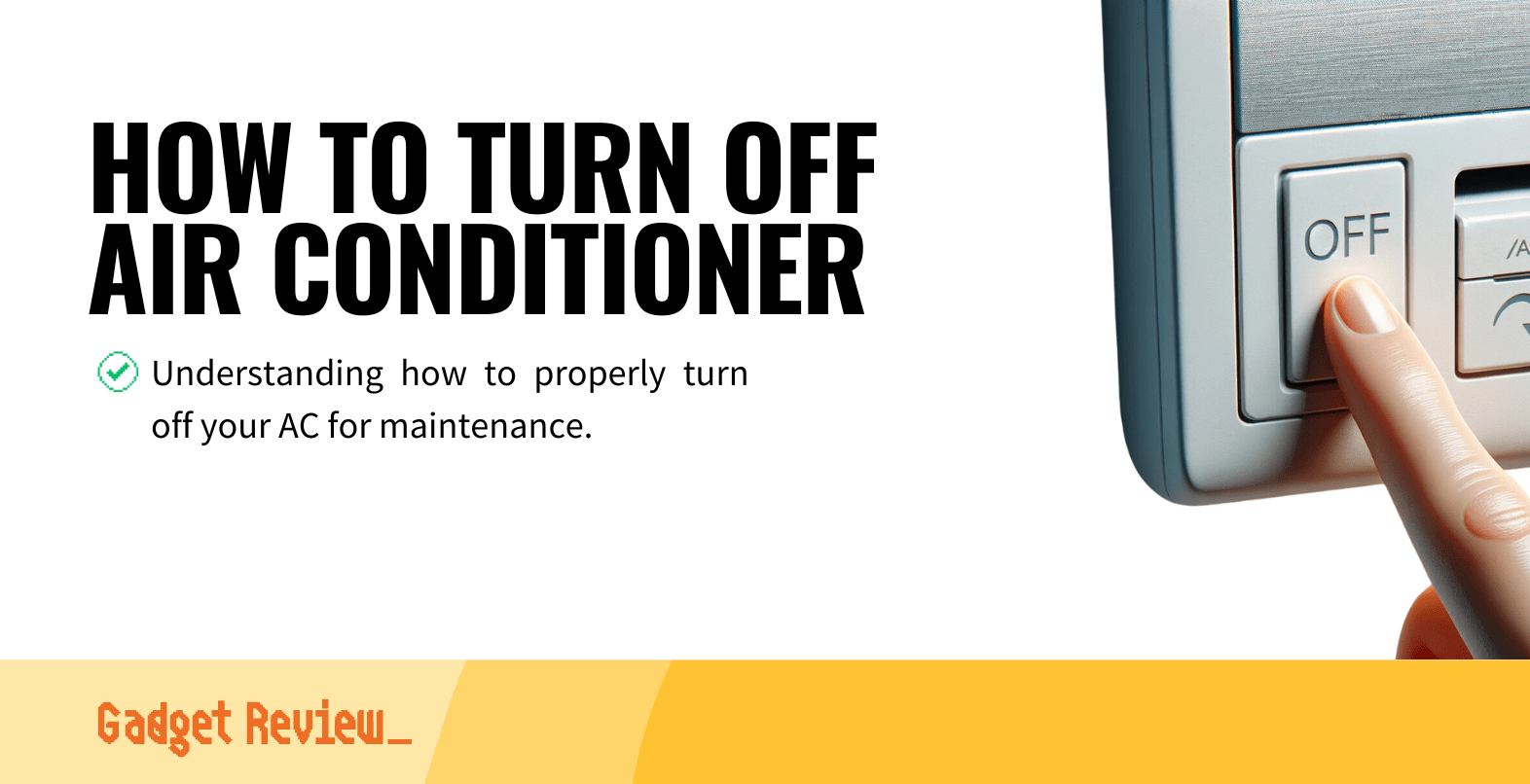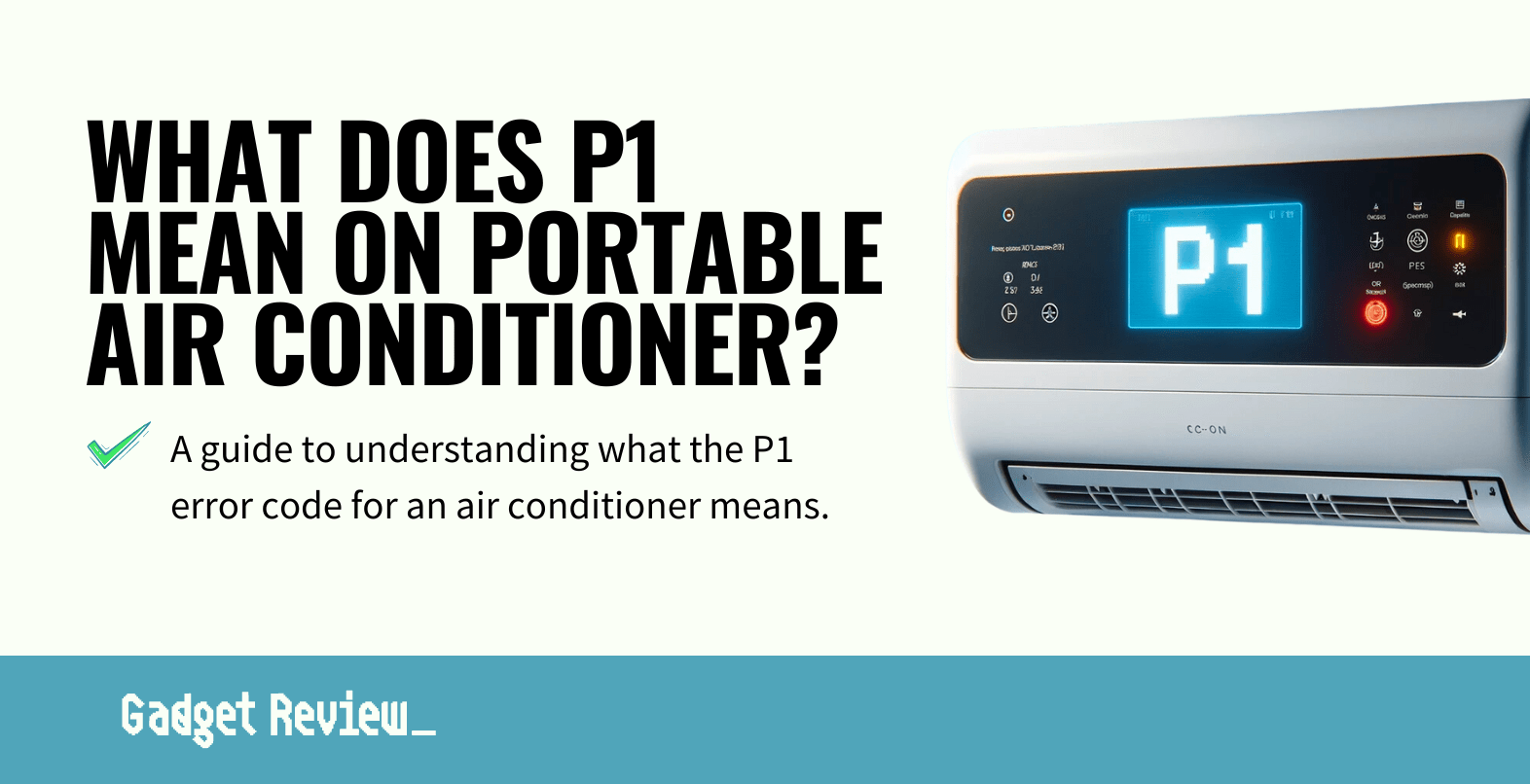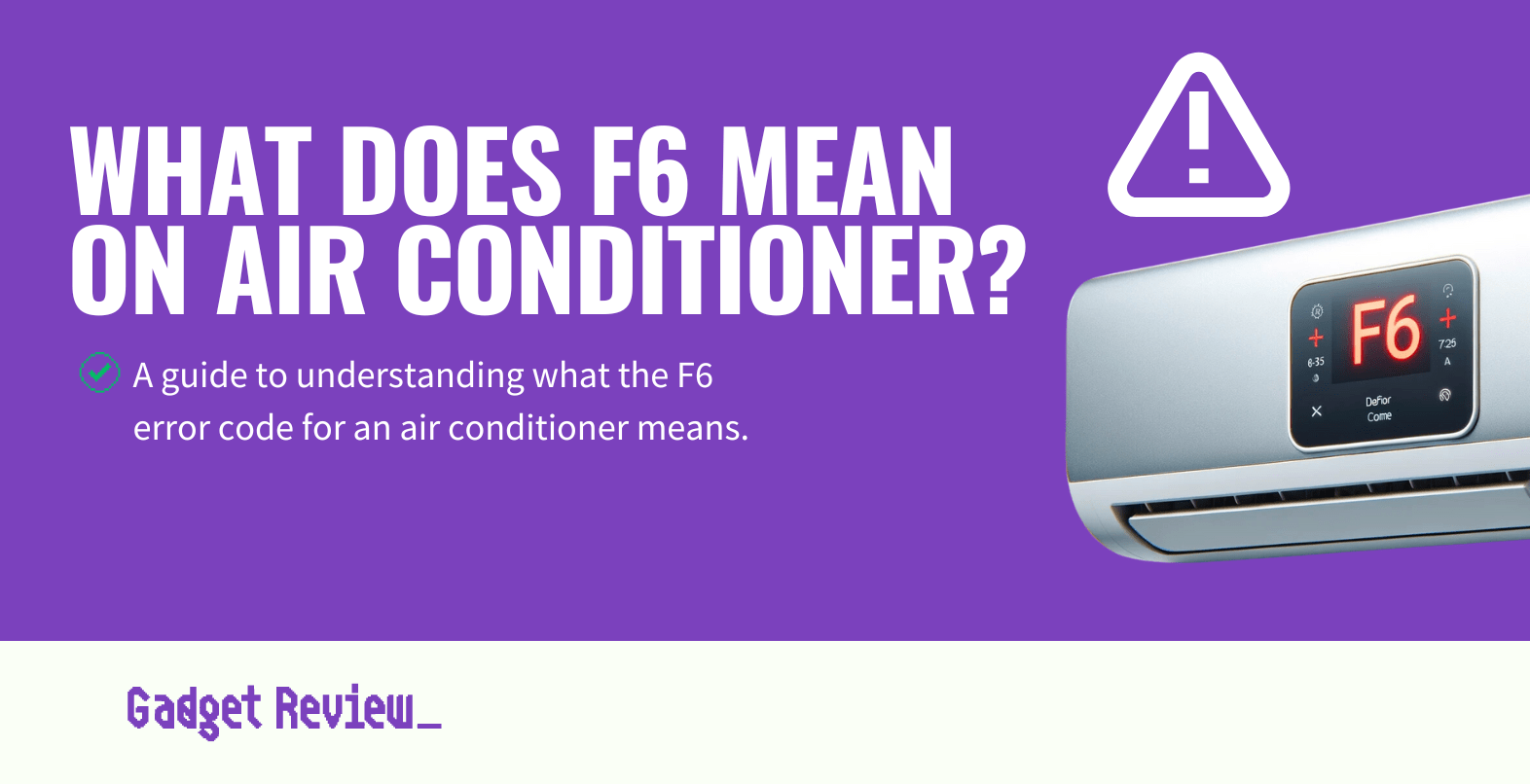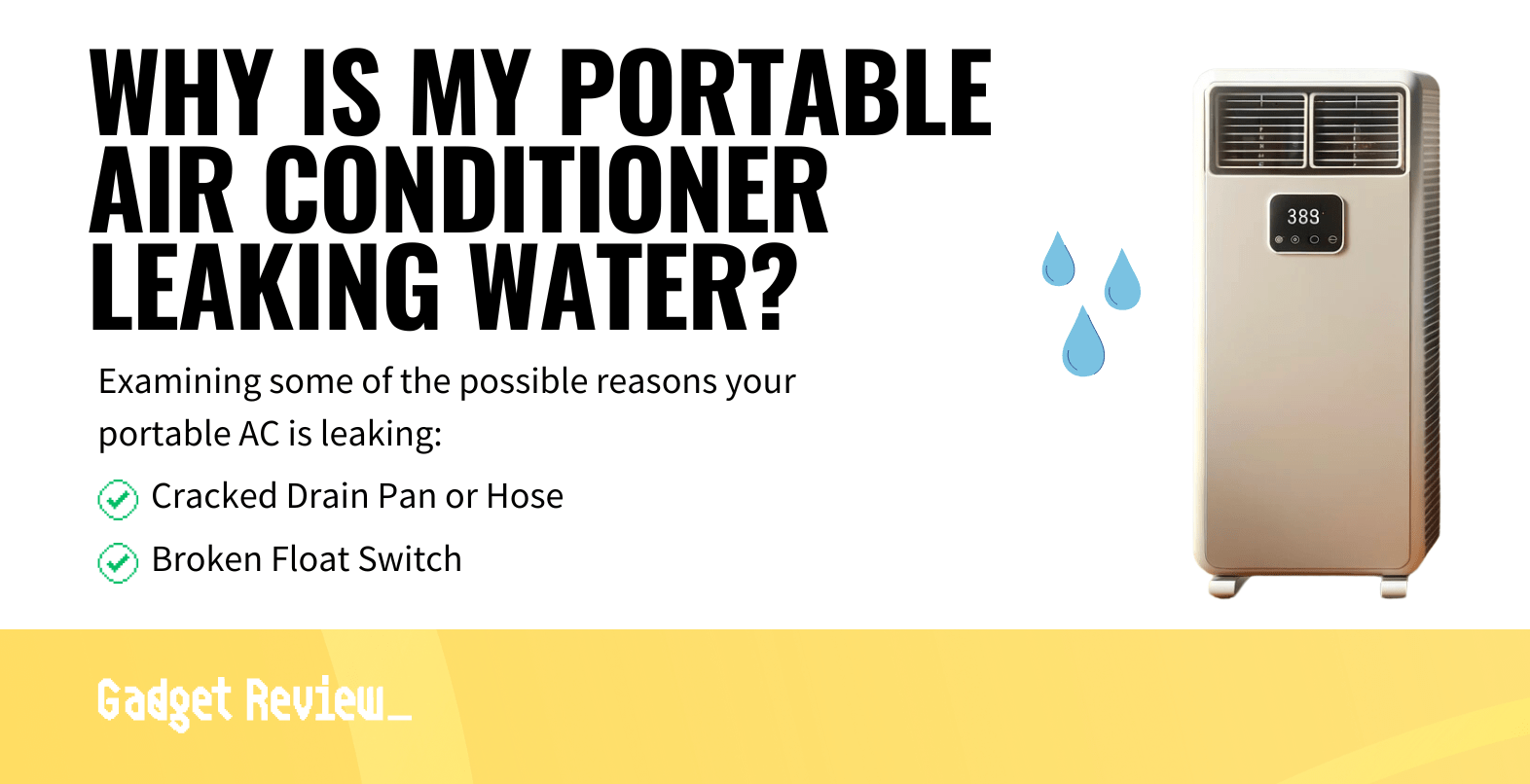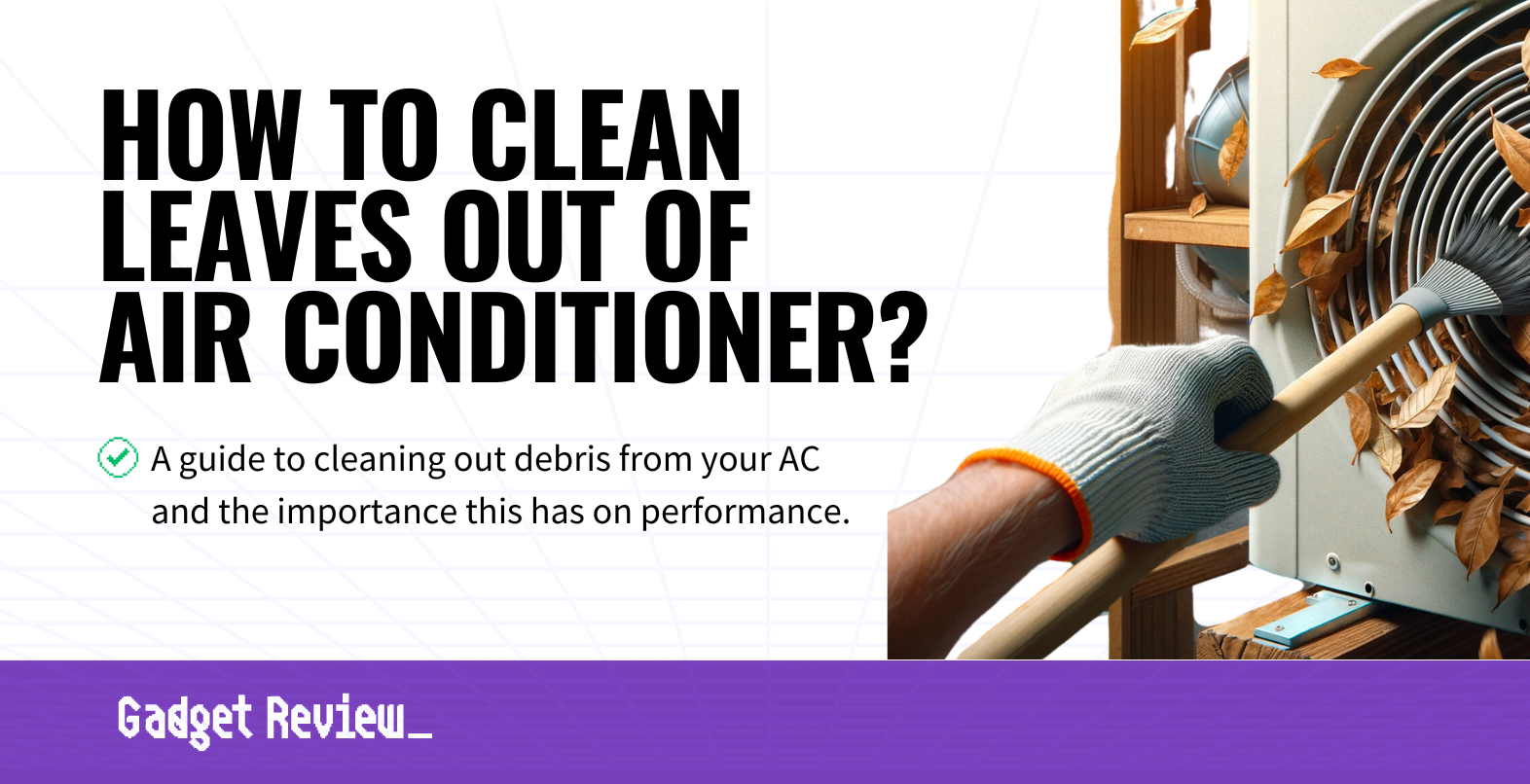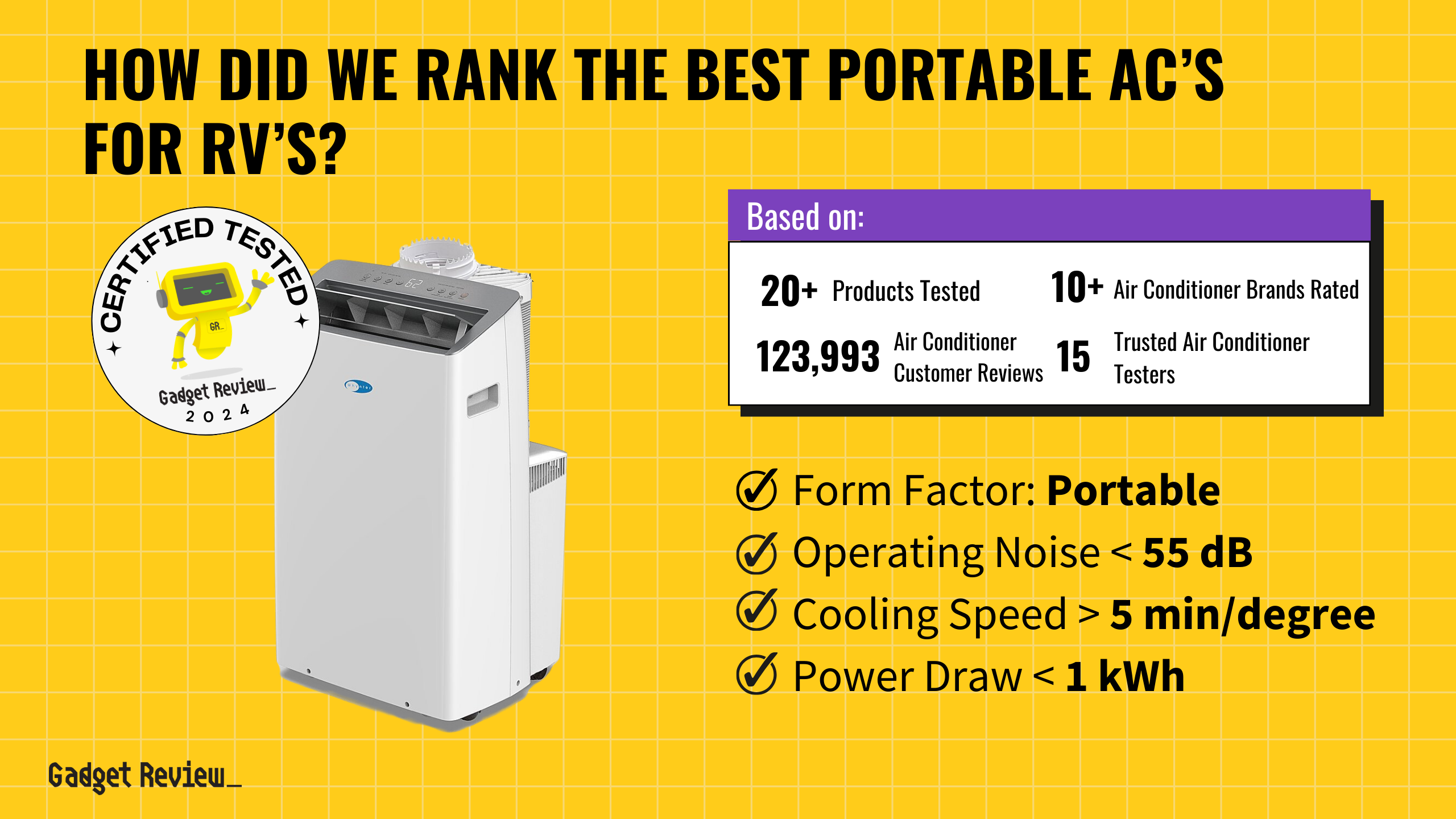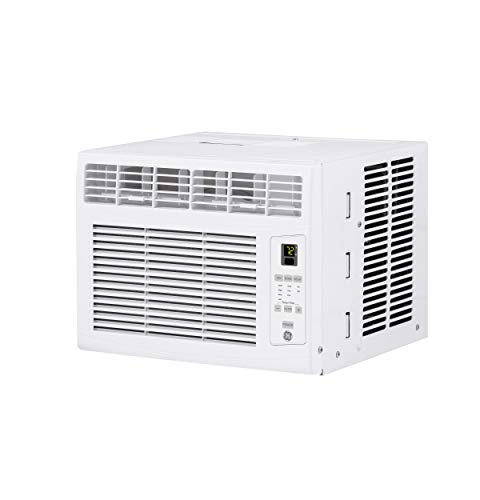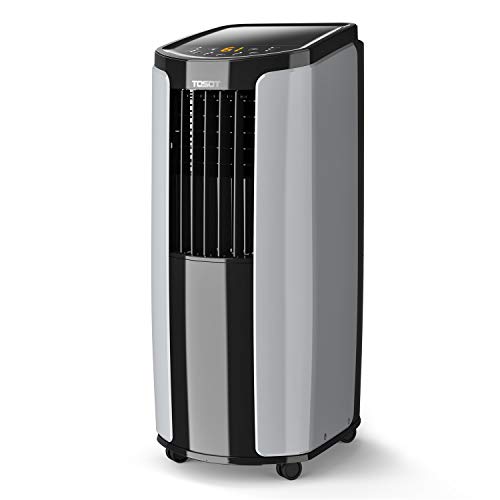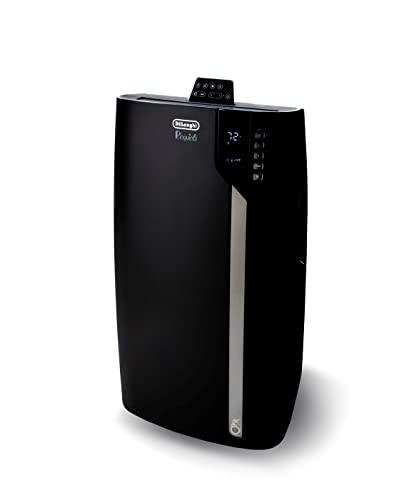Even the best air conditioners run into mechanical problems. When this happens, one of the first things HVAC experts will implore you to do is turn it off. This task sounds simple — and it is — but there’s a proper way how to turn off your air conditioner. To turn off an air conditioner, first locate the power switch, which is typically on the unit itself or on the wall. Turn the power switch to the ‘off’ position. If your AC unit has a remote control, ensure it is also turned off, or the batteries are removed.
Key Takeaways_
- Shutting down an AC unit is simple whenever you plan not to use it for an extended period.
- An AC unit must be fully turned off to repair or run tests.
- It’s not wise to shut down an AC unit for short periods unless for repairs and tests.
The Correct Way to Turn Off an Air Conditioner
People need to turn off their central air conditioning units for many reasons; for instance, during winter months, the blower is used to circulate warm air for comfort. This sometimes means unlocking the A/C thermostat first.
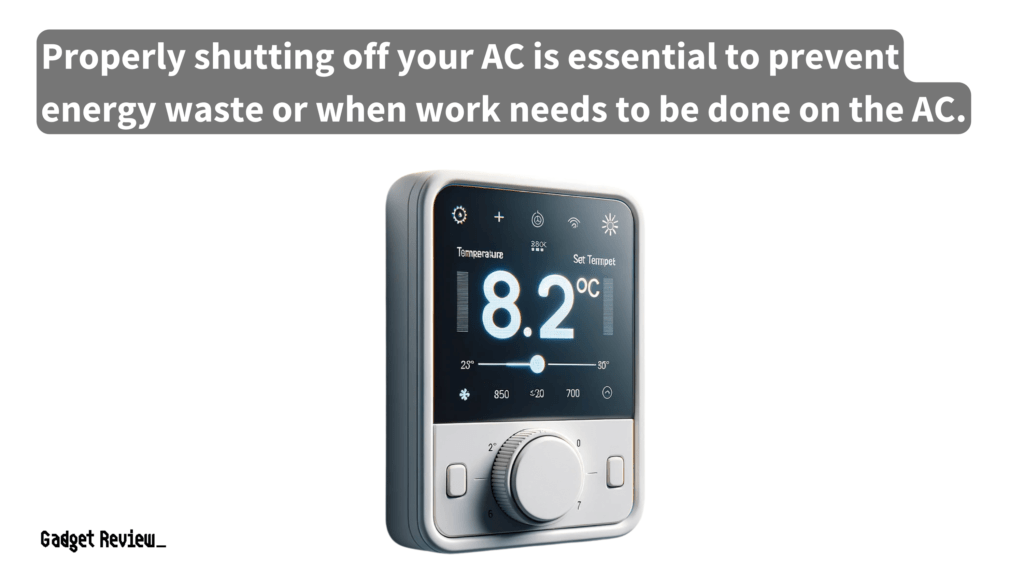
Sometimes it is to lower energy costs or mechanical issues — like poor electrical circuit connection or a refrigerant leak. You also might need to turn it off for running tests (see how to test an air conditioner compressor).
Other maintenance tasks include cleaning and unclogging the air conditioner drain pipe.
insider tip
Install a programmable thermostat if you’re looking to save money on your AC. These save homeowners up to $180 a year.
However, the primary cause of reduced cooling capacity and energy inefficiency is a dirty condenser coil, dirty blower fan, and dirt clumps blocking airflow.
Efficient Air Conditioner Management
Understanding common issues and solutions is important to ensure your air conditioner operates smoothly. If your AC compressor is not turning on, it could be due to several factors that are often easy to resolve. Additionally, knowing the correct air conditioner voltage is crucial for safe operation. To get a more accurate measure of your AC thermostat’s performance, consider understanding the different air conditioner motor types.
For those using a portable unit, preventing a portable air conditioner from leaking water can save you from potential water damage. Setting a timer on your AC can also improve efficiency, so be sure to learn how to set a timer on your air conditioner.
These are all circumstances under which you’ll need to know how to turn your AC completely off for a longer period of time. Below is a step-by-step guide on how to do this safely and efficiently.
STEP 1 Turn the System Off
- Go to your programmable thermostat and push the power button until the thermostat setting shows the system is off.
STEP 2 Check the Air Filter
- If you are getting ready to switch over indoor temperatures from AC to heat for the winter, check to see if you have a dirty air filter. If so, purchase a new filter and replace it to maintain good indoor air quality at comfortable temperatures.
- Regular maintenance of the air filter is crucial for maintaining optimal airflow and ensuring the efficiency of the cooling process.
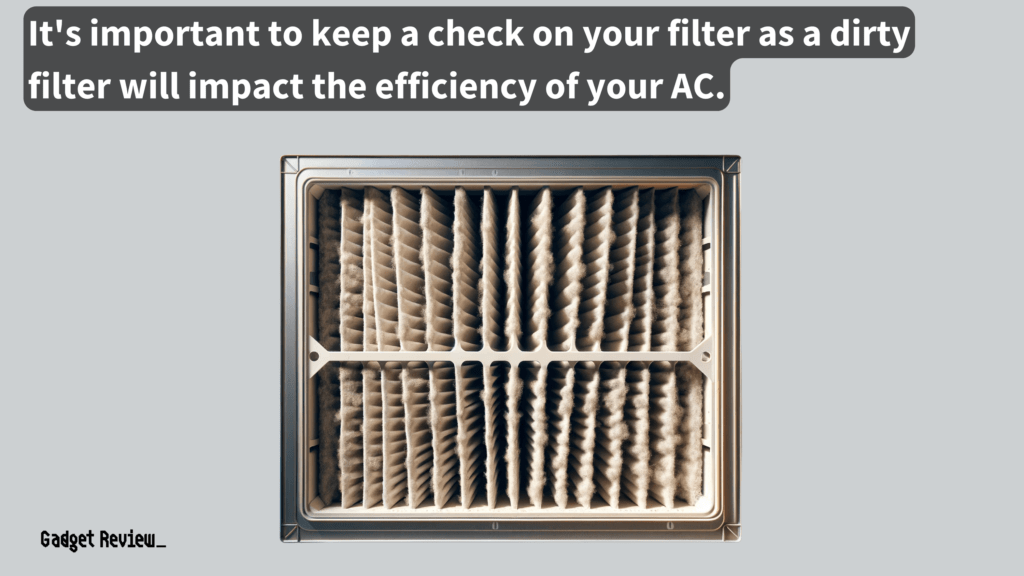
- If it’s washable, clean it with soap and water and let it dry before putting it back in the unit.
- Switch the humidifier vent from the closed position to the open position.
- If the AC has a heating setting, adjusting the thermostat to a comfortable temperature is essential when transitioning from cooling to heating mode.
Enhancing Your Cooling Solutions
Exploring alternative cooling solutions can be beneficial if an air conditioner isn’t meeting your needs. Consider the advantages of an evaporative cooler as a cost-effective and energy-efficient option. For those deciding between cooling systems, understanding the differences between central air vs. wall units can help you make an informed choice. Additionally, knowing your air conditioner’s coldest temperature settings can optimize your cooling efforts, ensuring you stay comfortable without overworking your unit.
STEP 3 Disconnect the Unit from Power or Locate the Breaker Box
- If you have central air, go to your outdoor central unit, locate the breaker box that connects to it, and then find the electrical disconnect switch that connects directly to the AC unit.
- Ensure the outdoor unit is clear of debris and check the coils for dirt, as this can significantly impact the unit’s efficiency and airflow.
- If you have a window or portable unit, unplug it from the wall.
STEP 4 Inspect the Central Air System for Damage
- Examine each electrical component in the breaker box for damage or burn marks.
- If any damage is identified, call an HVAC professional to come and assess the damage.
- A faulty component can lead to a lack of efficiency and should be addressed immediately.
warning
Don’t turn off your AC if you’re only out for a few hours, as restarting it uses more energy and increases bills. If your AC stops working at night, it may indicate underlying issues. A window air conditioner turning off by itself could signal a problem needing prompt attention. Learn how to properly test your AC capacitor to ensure your system runs smoothly.
It’s also vital to regularly check for mold in your air conditioner, as it can pose serious health risks. Understanding the E4 error code on your AC and addressing it quickly can prevent larger issues down the line.
STEP 5 Shut the Power Off to the Central Air System
- Go to the electrical box and find the switch or lever that controls the power.
- Switch it to the off position.
- If you have a waterproof cover, go ahead and put it over the AC unit.
- Covering the outdoor unit for winter can protect it from the elements and ensure it remains in good condition for when it’s needed again.


